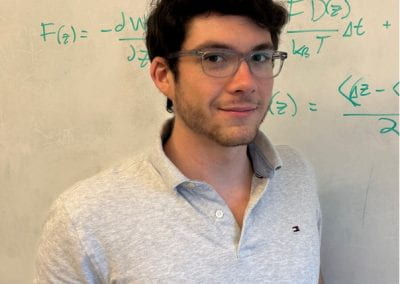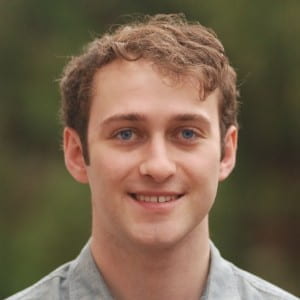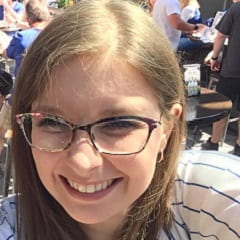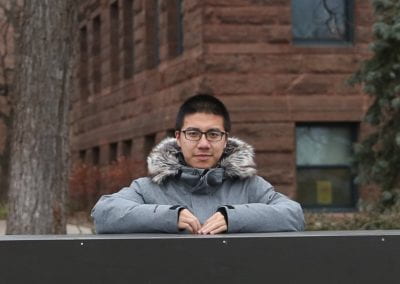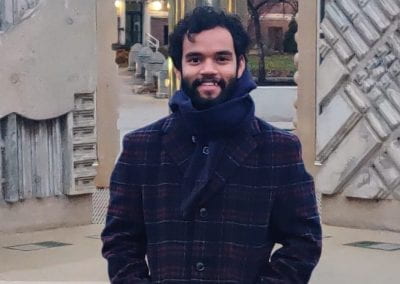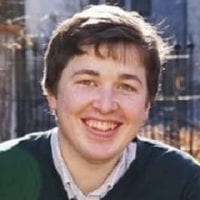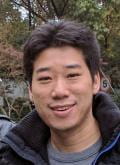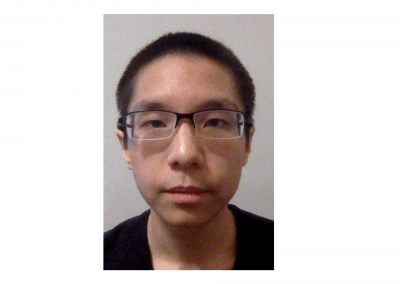EVENTS

June 3, 2024
CCTCh Group Meeting
Matthew Du – (Vaikuntanathan Group)
2:00 PM | Kent 120 and Zoom
“Stabilizing equilibrium configurations using nonequilibrium forces“

May 6, 2024
CCTCh Group Meeting
Curt Waltmann – (Voth Group)
2:00 PM | GCIS W301/303 and Zoom

April 15, 2024
CCTCh Seminar
12:00 PM | Kent 107 and Zoom
Professor Daniel Neuhauser, University of California (UCLA)
“Bringing Many Body Spectra to the Massive Molecules“
In this talk, we detail the journey to extend many-body perturbation linear
response methods to large molecular systems, including the canonically hard
cyanine dye problem. Molecular excitons in large extended systems are often
not well described by local or optimally-tuned TD-DFT due to highly delocalized
states valence and conduction states with long range electronic coupling and
charge transfer character. We have developed a stochastic formalism of the
Bethe-Salpeter equation, the linear response formalism that follows from the GW
approximation of many-body perturbation theory. Through a series of algorithmic
improvements to the method, we have developed new approximations to capture
the screened Coulomb interaction at lower computational cost, leading to the
study of systems with several thousand electrons.

April 1, 2024
CCTCh Seminar
2:00 PM | GCIS W301/303 and Zoom
Ping Yang, Theoretical Division, Los Alamos National Laboratory
“Data-driven Separation Design for 5f-Elements”
Advanced separation technologies are essential in the context of critical materials and spent nuclear fuels reprocessing, allowing for an increase in the supply of key elements, minimization of nuclear waste production, optimization of storage conditions, and alleviation of proliferation concerns. However, rationally designing advanced separation schemes has traditionally been a time-consuming and expensive endeavor. This complexity is partly due to intricate electronic structure of f-elements which contributes to their versatile chemical bonding, reactivity, and spectral properties. In this talk, I will begin by discussing the unique chemical bonding enabled by 5f-electrons and its implication for separation chemistry. Beyond the fundamental bonding interactions with extractants, numerous other factors impact the solvent extraction efficiency. We deploy a multidisciplinary effort that integrates modern data-centric approaches to develop new predictive capabilities for separations. In this presentation, I will share our recent progress on these integrated tasks, leveraging automated high-throughput simulations and robotic measurements.

March 4, 2024
CCTCh Seminar
2:00 PM | GCIS W301/303 and Zoom
Professor Christian Schilling
Arnold Sommerfeld Centre for Theoretical Physics, LMU Munich
“The Elecron Correlation Problem from a Quantum Information Perspective”
Describing strongly interacting electrons is one of the crucial challenges of modern quantum physics. A comprehensive solution to this electron correlation problem would simultaneously exploit both the pairwise interaction and its spatial decay. By taking a quantum information perspective, we explain how this structure of realistic Hamiltonians gives rise to two conceptually different notions of correlation and entanglement. The first one describes correlations between orbitals while the second one refers more to the particle picture. We illustrate those two concepts of orbital and particle correlation and present measures thereof. Our results for different molecular systems reveal that the total correlation between molecular orbitals is mainly classical, raising questions about the general significance of entanglement in chemical bonding. Finally, we also speculate on a promising relation between orbital and particle correlation and explain why this may replace the obscure but widely used concept of static and dynamic correlation.
February 5, 2024
CCTCh Group Meeting
Jonathan Harris – (Roux Group)
2:00 PM | SCL 240A and Zoom
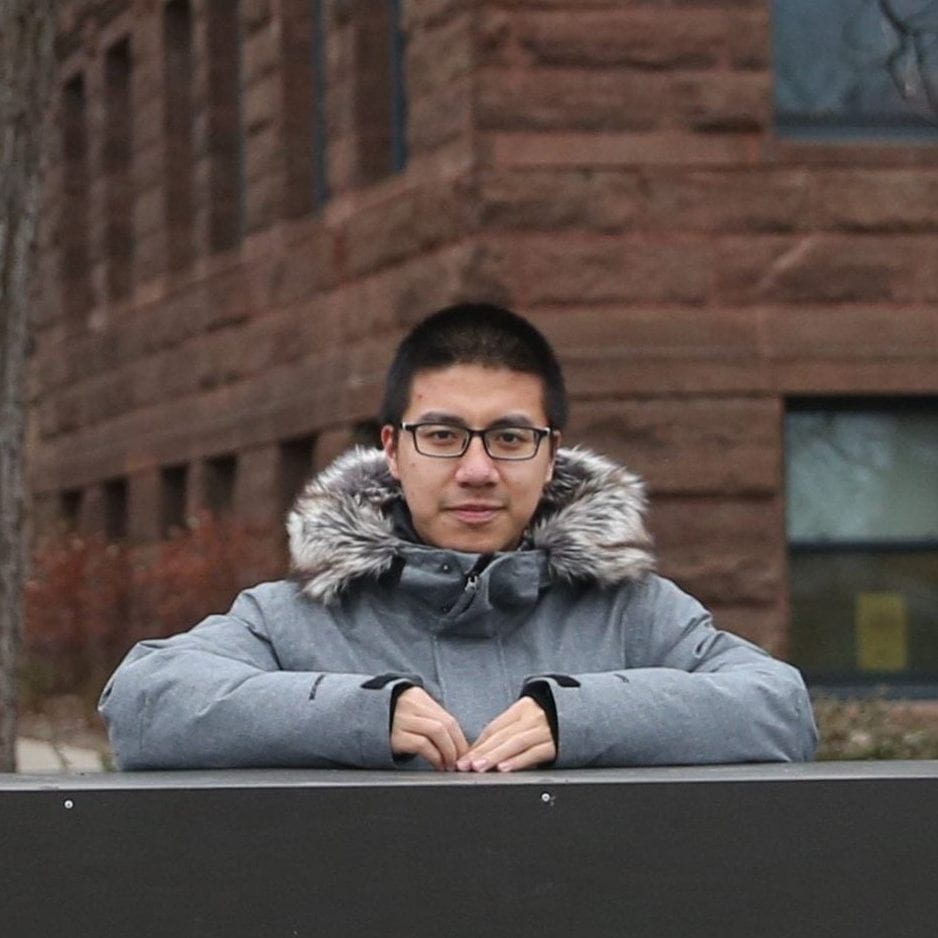
January 8, 2024
CCTCh Group Meeting
Benchen Huang – (Galli Group)
2:00 PM | ERC 161 and Zoom
“Efficient quantum Monte Carlo algorithm on quantum computers enabled by Matchgate shadows”
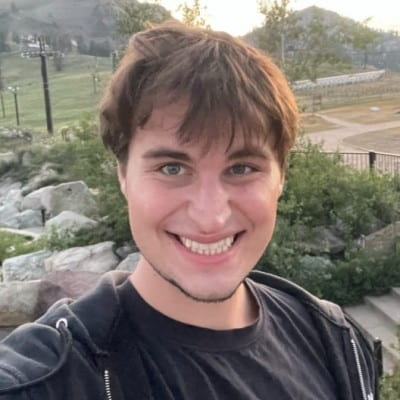
December 4, 2023
CCTCh Group Meeting
Daniel King – (Gagliardi Group)
2:00 PM | ERC 161 & Zoom
“Grounding Multireference Quantum Chemistry in a Good Basis: Applications and Methods of Active Space Selection”
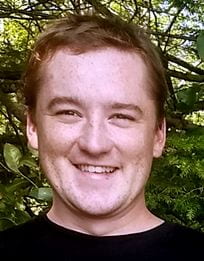
October 2, 2023
CCTCh Group Meeting
John Strahan – (Dinner Group)
2:00 PM | ERC 161 and Zoom
“A Comprehensive Suite of Short-Trajectory Based Enhanced Sampling and Analysis Methods for Long-Timescale Stochastic Dynamics.”
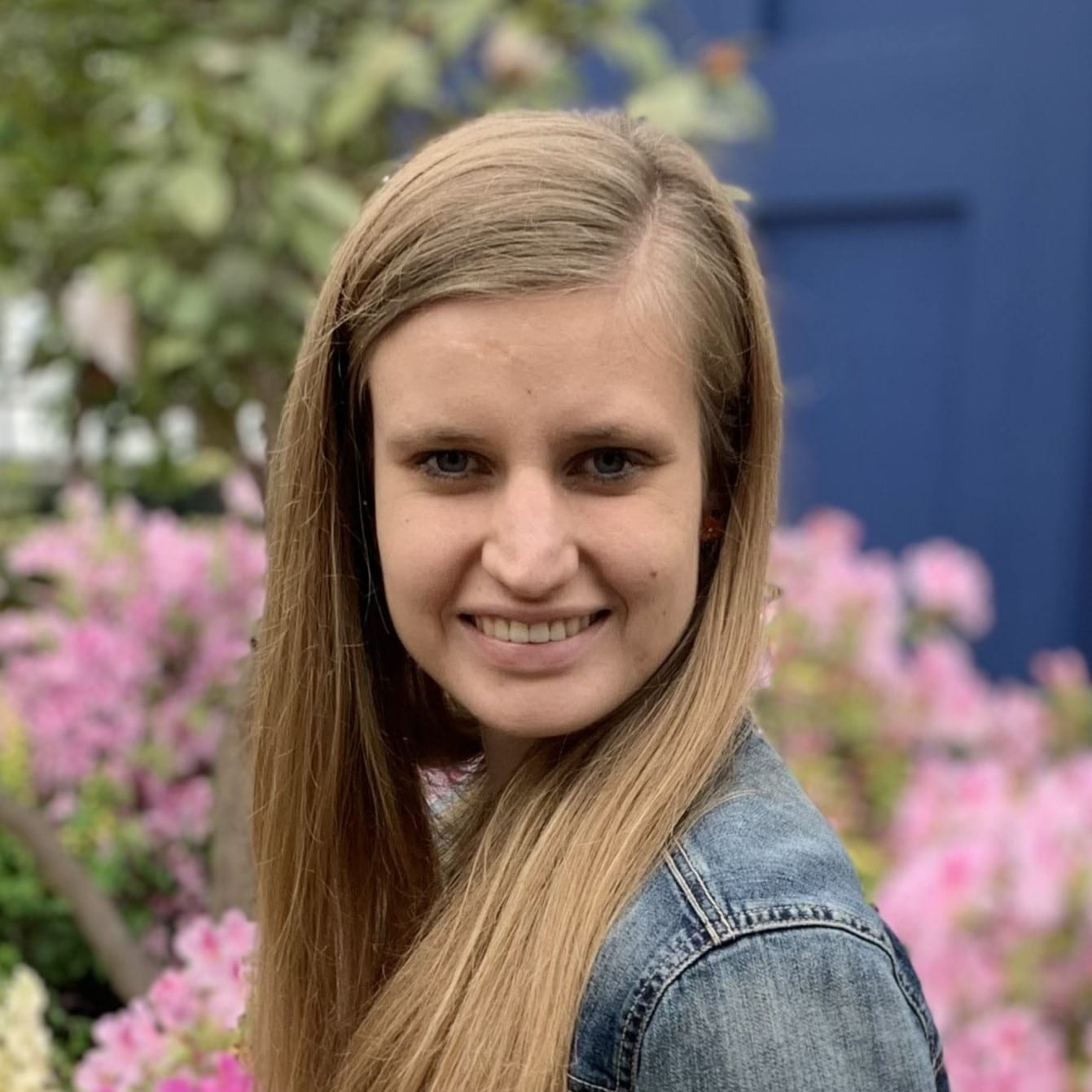
September 11, 2023
CCTCh Group Meeting
Anna Schouten – (Mazzioti Group)
1:00 PM | Searle 240A and Zoom
“Exciton-condensate-like Amplification of Energy Transport in Light-harvesting”
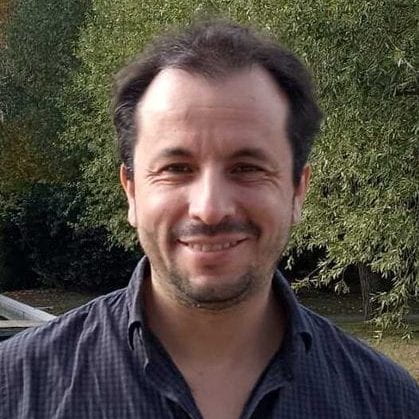
July 25, 2023
CCTCh & Mazzioti Group Joint Seminar
2:00 PM | GCIS W301
Dr. Carlos L. Benavides-Riveros
“Quantum Parallelizing Quantum Eingensolvers for Excited States”
Dr. Benavides-Riveros is currently working at the University of Trento in Italy on method development projects for calculating excited-state properties of molecules and solids on quantum devices. His research spans a wide range of topics, from excited-state quantum chemistry and superconductivity to quantum computing and machine learning.
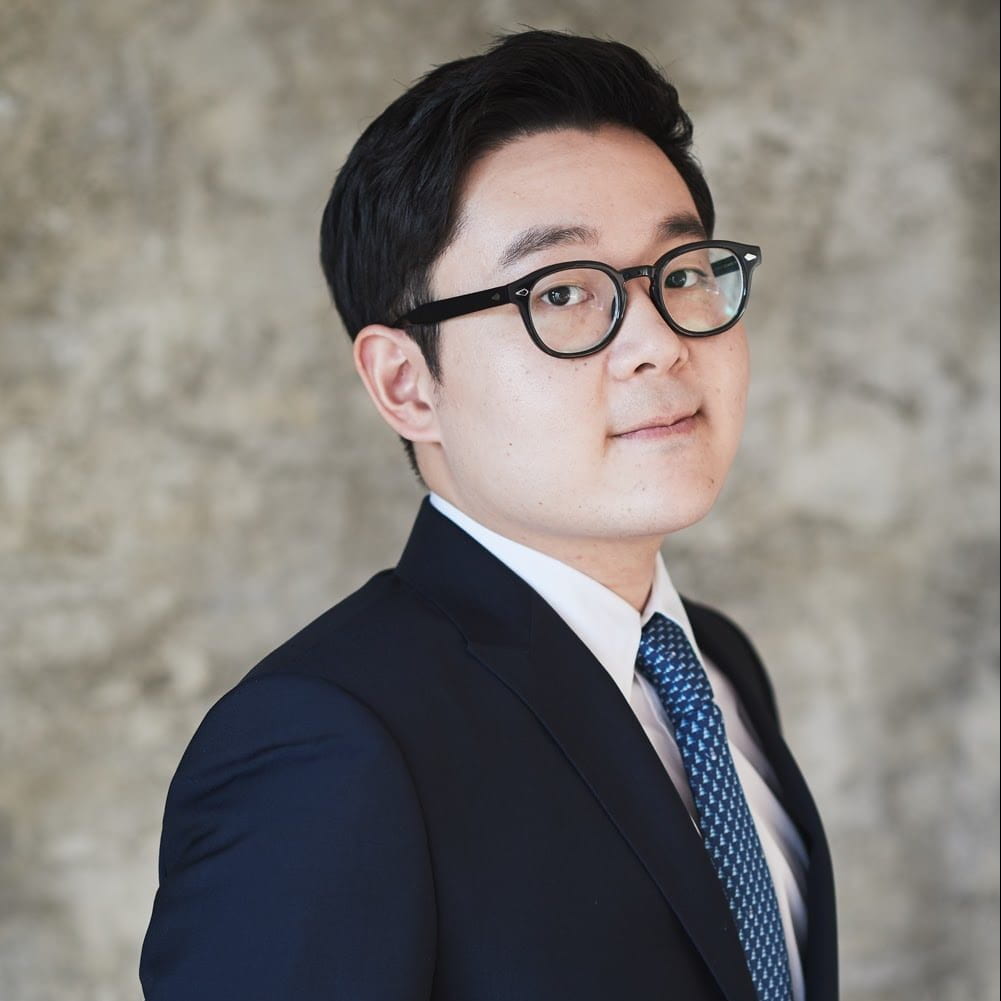
July 10, 2023
CCTCh Group Meeting
2:00 PM | Searle 240A and Zoom
Bohak Yoon – (Voth Group)
“Mechanistic Insights into CO2 Capture by Amino Acid Ionic Liquids through Multiscale Simulations.”
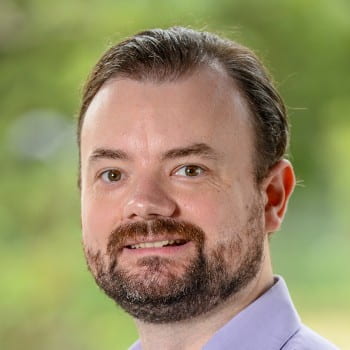
March 6, 2023
CCTCh Seminar
4:00 PM | ERC 161 and Zoom
Professor William James Glover, New York University Shanghai
“Pushing (QM/MM) boundaries: simulations of solvent-supported electronic states”
Three pillars of theoretical chemistry are quantum mechanics (governing the physics of light particles, especially electrons), statistical mechanics (providing the connections between microscopic interactions and macroscopic observables), and chemical dynamics (describing the motions of atoms on potential energy surfaces). As theoretical tools have developed, simultaneously with exponential increases in computational power, the boundaries between these three fields have blurred. In this talk, I will use the example of the hydrated electron, a solvent-supported excess electron embedded in liquid water, to showcase how these developments now allow for the simulation of the real-time dynamics of thousands of atoms with a large active region treated quantum mechanically. Recent experiments on the dynamical response of this system to the absorption of light have shown that previous theories give predictions that overestimate the dynamical timescale by an order of magnitude. Our simulations close the gap between theory and experiment and provide new physical insight into the dynamics of the hydrated electron.
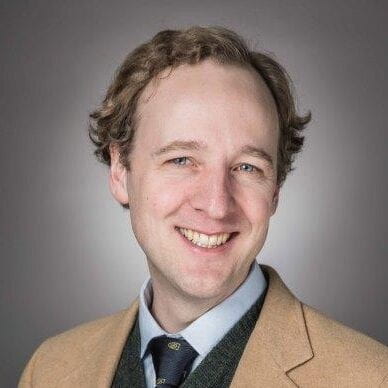
February 6, 2023
CCTCh Seminar
2:00 PM | ERC 161 and Zoom
Professor Anatole von Lilienfeld, University of Toronto
“Go EAST, young scientist – First principles view on chemical compound space”
Many of the most relevant observables of matter depend explicitly on atomistic and electronic structure, rendering a first principles approach to chemistry and materials mandatory. Unfortunately, due to the combinatorial nature of chemical compound space, the set of all conceivably possible materials and molecules, gaining a holistic and rigorous understanding through exhaustive quantum and statistical mechanics based sampling is prohibitive — even when using high-performance computers. Accounting for explicit and implicit dependencies and correlations, however, will not only deepen our fundamental understanding of chemical compound space but also benefit the efficiency of computational as well as experimental exploration campaigns. I will discuss recently gained insights into such relationships thanks to alchemical perturbation density functional theory and supervised machine learning. Numerical results indicate promising performance in terms of efficiency, accuracy, scalability, and transferability (EAST).
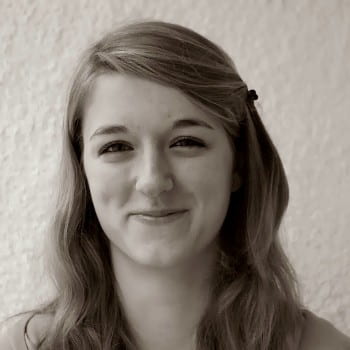
January 9, 2023
CCTCh Group Meeting
2:00 PM | Zoom
Flo Szczepaniak – (Roux Group)
“Towards all-atoms sampling of membrane configurations using non-equilibrium molecular dynamics”
December 5, 2022
CCTCh Group Meeting
2:00 PM | Zoom
Yu Jin – (Galli Group)
“Vibrationally resolved optical excitations of the nitrogen-vacancy center in diamond”
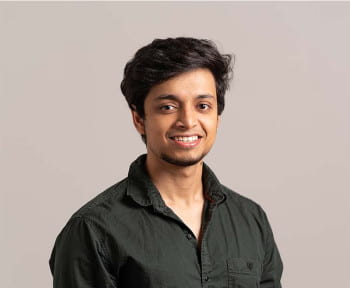
November 7, 2022
CCTCh Group Meeting
2:00 PM | Zoom
Abhishek Mitra – (Gagliardi Group)
“Local Excitations in Point Defects and Surface Binding using a Periodic Density Matrix Embedding Framework”
October 17, 2022
CCTCh Group Meeting
2:00 PM | Zoom
Cal Floyd – (Dinner and Vaikuntanathan Groups)
“Signatures of odd dynamics in viscoelastic systems: from spatiotemporal pattern formation to odd rheology”
September 19, 2022
CCTCh Group Meeting
2:00 PM | Zoom
Leeann Sager-Smith – (Mazziotti Group)
“Entangled phase of simultaneous fermion and exciton condensations realized”
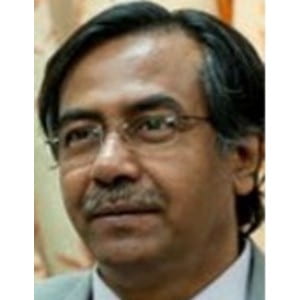
June 17, 2022
CCTCh Seminar
11:00 AM | GCIS W301/W303
Professor Biman Bagchi, Solid State and Structural Chemistry Unit of the Indian Institute of Science
“Diffusion-Entropy Scaling through a Multidimensional Rate Theory”
Professor Biman Bagchi is currently serving as the India National Science Chair (DST-SERB) and holds a Honorary Professorship at the Solid State and Structural Chemistry Unit (SSCU), Indian Institute of Science (IISc), Bangalore. He received his PhD from Brown University, RI and carried out postdoctoral work at the University of Chicago and University of Maryland, before returning to India in 1984 to join the Indian Institute of Science. He is a Fellow of all the three National Science Academies of India, an elected Fellow of the third world academy of sciences (TWAS) and Elected Foreign Member of the American Academy of Arts and Sciences (2020) [AAA&S] He is the recipient of the 2021 Joel Henry Hildebrand Award from the American Chemical Society in Theoretical and Experimental Chemistry of Liquids, Humboldt Science Research Award of Alexander von Humboldt Foundation (2019). He has also received a fair number of Awards in India. And J. Physical Chemistry brought out a Festschrift special issue J. Phys. Chem. B, 2015, Vol.: 119, in his honour. Bagchi has authored three books on different aspects of statistical mechanics and currently writing a 4th book on nonequilibrium statistical mechanics. He has also published two non-technical books available at Amazon Kindle.
Relationship between entropy and relaxation has been a subject of inquiry since the time of Boltzmann who introduced his famous H-Theorem and remarked on its relation with entropy. This relationship has been further established through Adam-Gibbs relation and also Rosenfeld scaling hypothesis. We shall discuss a derivation of the diffusion-entropy scaling in a two-dimensional periodic lattice, using the multidimensional rate theory. We shall discuss a two-dimensional periodic system that displays interesting coherences in trajectories, leading to a non-monotonic friction dependence of diffusion. We discuss a simple random walk model that surprisingly could capture the non-monotonicity of diffusion (partly) and the behaviour at large friction (quantitatively). We shall also discuss, if time permits, a few biophysical problems that we are studying in our group.
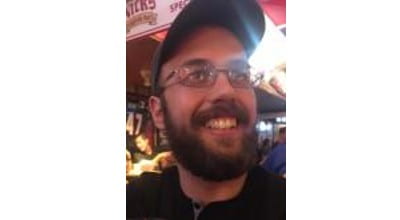
June 6, 2022
CCTCh Group Meeting
2:00 PM | Zoom
Daniel Beckett (Voth Group)
“Multiscale Investigations of Microtubule Catastrophe”
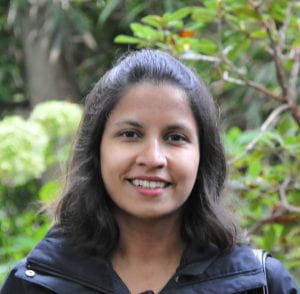
May 2, 2022
CCTCh Seminar
2:00 PM | Zoom
Professor Shaama Sharada, University of Southern California
“The pursuit of free energies and free energy relationships”
Shaama Mallikarjun Sharada is the WiSE Gabilan Assistant Professor in the Mork Family Department of Chemical Engineering and Materials Science. Shaama completed her Bachelors and Masters degree in Chemical Engineering at the Indian Institute of Technology, Bombay. After a brief stint in management consulting in Mumbai, she joined the PhD program at UC Berkeley, where she developed automated reaction path search methods and examined structure-activity relationships in zeolite catalysts using quantum chemistry. Her postdoctoral research at Stanford University involved the development of accurate benchmarking databases for surface chemistry, and density functional theory development using Bayesian learning approaches. She joined MFD in Fall 2017.
Shaama’s research focuses on developing catalysts and photocatalysts to meet energy-efficiency and sustainability goals. Her group utilizes quantum chemistry to find active, selective, and stable catalytic materials for efficient valorization of CH bonds and green conversion of anthropogenic carbon dioxide. Shaama is also keen on making quantum chemical predictions more reliable. She is developing algorithms inspired from signal processing to make otherwise prohibitive but accurate kinetics theories more tractable for routine studies.
April 4, 2022
CCTCh Group Meeting
2:00 PM | Zoom
Benchen Huang (Galli Group)
“Simulating the Electronic Structure of Spin Defects on Quantum Computers”
March 7, 2022
CCTCh Group Meeting
2:00 PM | Zoom
Agnish Behera (Vaikuntanathan Group)
“Enhancing associative memory recall in non-equilibrium materials through activity”
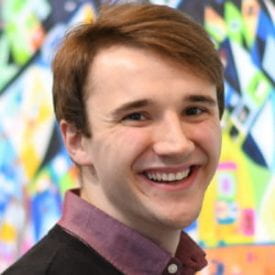
January 10, 2022
CCTCh Group Meeting
2:00 PM | Zoom
Adam Antoszewski (Dinner Group)
“Enhanced Sampling and Dynamical Analysis of Insulin Equilibria”
December 6, 2021
CCTCh Group Meeting
2:00 PM | Zoom
Scott Smart (Mazziotti Group)
“Exploring Quantum Simulation on Noisy Intermediate-Scale Quantum Devices”
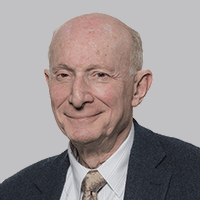
November 1, 2021
CCTCh Group Meeting
2:00 PM | Zoom
Professor Stuart Rice, University of Chicago
“Why/How Pinning Molecules in a 2D System Shifts the Solid-to-Hexatic Phase Transition”
Stuart A. Rice is the Frank P. Hixon Distinguished Service Professor, Emeritus, in the Department of Chemistry and The James Franck Institute of The University of Chicago. During his tenure at the University of Chicago, Professor Rice has trained more than 100 Ph.D. students and postdoctoral researchers. He received a B.S. degree from Brooklyn College in 1952 and A.M. and Ph.D. degrees from Harvard University in, respectively, 1954 and 1955. He has carried out theoretical and experimental research in diverse areas of physical chemistry, amongst which are: transport theory for dense liquids, exciton-exciton interactions, exciton and charge carrier band structures of molecular crystals and liquids, structure of the liquid metal-vapor interface, radiationless transitions, non-statistical behavior in unimolecular reactions, random network model of water, quantum and classical deterministic chaos, active control of molecular dynamics, structure, phase transitions and diffusive motion in quasi-one and quasi-two-dimensional colloid assemblies, and several other subjects. He has coauthored four books: Polyelectrolyte Solutions with Mitsuru Nagasawa, The Statistical Mechanics of Simple Liquids, with Peter Gray, Optical Control of Molecular Dynamics, with Meishan Zhao, and Physical Chemistry, with R. Steven Berry and John Ross. He has received the National Medal of Science (1999) and the Wolf Prize in Chemistry (2011), the American Chemical Society Pure Chemistry, Baekland, Debye and Hildebrand Awards, as well as the Hirschfelder Prize in Theoretical Chemistry, and the Centennial Medal of Harvard University.
October 4, 2021
CCTCh Group Meeting
2:00 PM | Zoom
Alvin Yu, Postdoc (Voth Group)
“Multiscale Simulation of Viruses”
September 13, 2021
CCTCh Group Meeting
2:00 PM | Zoom
Paul Calio, Postdoc (Gagliardi Group)
“Incorporating MC-PDFT Gradients into ab initio molecular dynamics simulations”
August 2, 2021
CCTCh Group Meeting
2:00 PM | Zoom
Chatipat Lorpaiboon, Graduate Student (Dinner Group)
“Improving transition path theory with extended committors”
TBD (Roux Group)
July 12, 2021
CCTCh Group Meeting
2:00 PM | Zoom
Arpan Kundu, Postdoc & Tony Song, Undergraduate Researcher (Galli Group)
“Quantum vibronic effects on electronic properties of solid and molecular carbon”

June 7, 2021
CCTCh Group Meeting
2:00 PM | Zoom
Matthew Hermes, Staff Scientist (Gagliardi Group)
“The localized active space approach to strong electron correlation using quantum computers”
Jan-Niklas Boyn, Graduate Student (Mazziotti Group)
“Quantum-Classical Hybrid Algorithm for the Simulation of All-Electron Correlation”

May 3, 2021
CCTCh Group Meeting
2:00 PM | Zoom
Jaehyeok Jin, Graduate Student (Voth Group)
“New Perspectives on the Dynamics of Coarse-Grained Models”
Alexandra Lamtyugina, Graduate Student (Vaikuntanathan Group)
“Relating Energy Dissipation to Effective Interactions and Structure Formation in Cross-Linked Biopolymers”
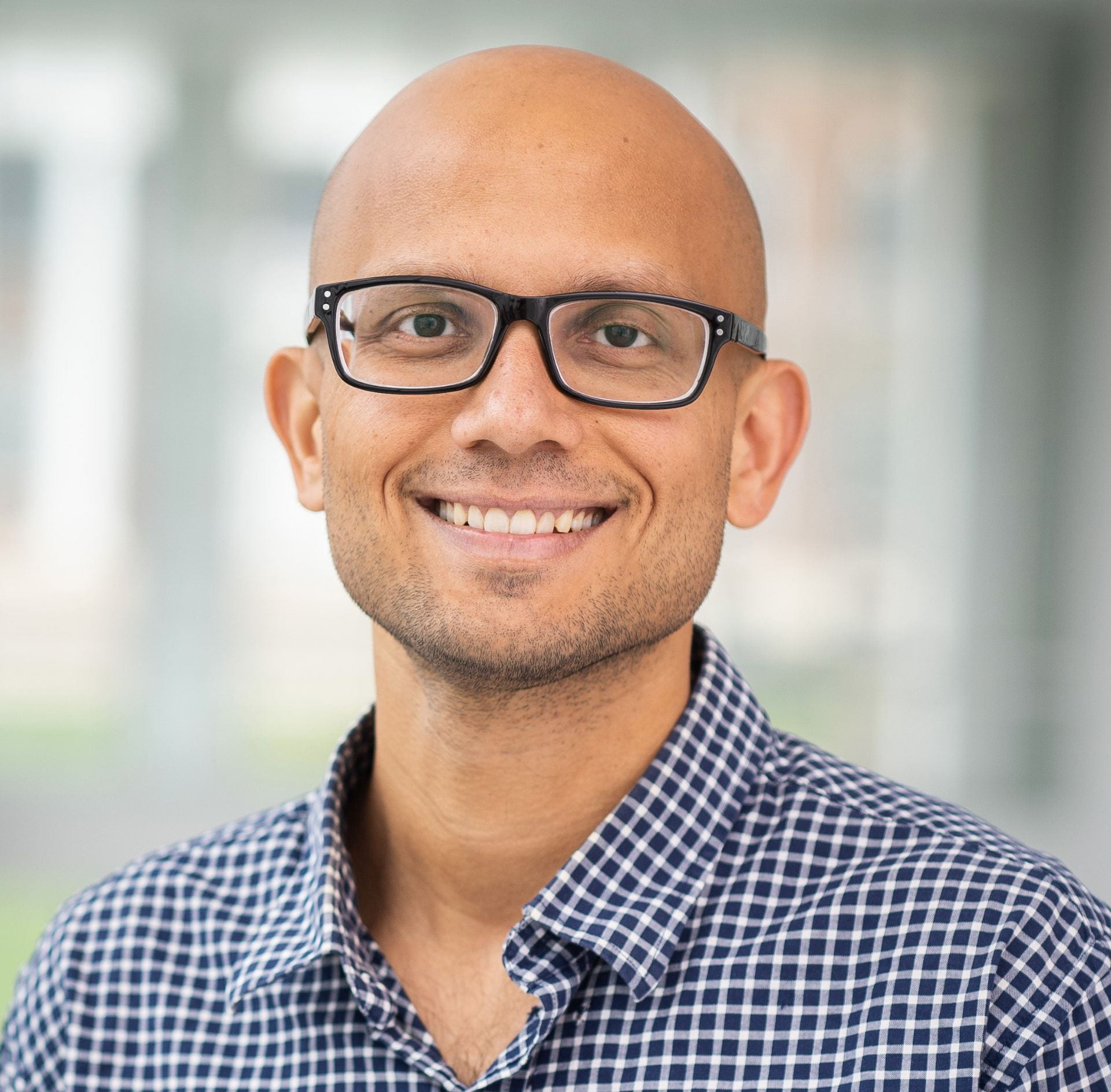
April 5, 2021
CCTCh Seminar
Professor Pratyush Tiwary, University of Maryland, College Park
“Can artificial intelligence help understand and predict molecular dynamics?”
2:00 PM | Zoom
The ability to rapidly learn from high-dimensional data to make reliable predictions about the future is crucial to life. This could be a fly avoiding predators, or the retina processing terabytes of data guiding complex human actions. Modern day artificial intelligence (AI) aims to mimic this fidelity and has been successful in many domains. It is tempting to ask if AI could also be used to understand and predict the dynamics of complex molecules with millions of atoms. In this talk I will show that certain flavors of AI can indeed help us understand generic molecular dynamics and also predict it even in situations with arbitrary long memories. However this requires close integration of AI with old and new ideas in statistical mechanics. I will talk about such methods developed by my group (1-3). I will demonstrate the methods on different problems, where we predict mechanisms at timescales much longer than milliseconds while keeping all-atom/femtosecond resolution. These include ligand dissociation from flexible protein/RNA and crystal nucleation with competing polymorphs. I will conclude by discussing some generic challenges and solutions regarding reliability, interpretability and extrapolative powers of AI when used in molecular simulations.
References:
1. Wang, Y., Ribeiro, J.M.L. & Tiwary, P. Past–future information bottleneck for sampling molecular reaction coordinate simultaneously with thermodynamics and kinetics. Nat. Commun. 10, 3573 (2019). https://doi.org/10.1038/s41467-019-11405-4
2. Tsai, S.T, Kuo, E.J. & Tiwary, P. Learning Molecular Dynamics with Simple Language Model built upon Long Short-Term Memory Neural Network. Nat. Commun. 11, 5115 (2020). https://doi.org/10.1038/s41467-020-18959-8
3. Wang, Y., Ribeiro, J.M.L. and Tiwary, P. Machine learning approaches for analyzing and enhancing molecular dynamics simulations. Curr. Op. Sruc. Bio., 61, 139 (2020). https://doi.org/10.1016/j.sbi.2019.12.016
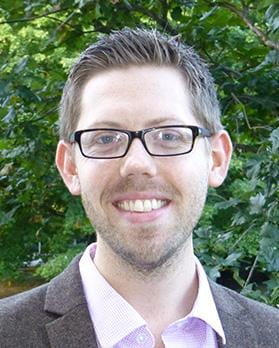
March 1, 2021
CCTCh Seminar
Professor David Limmer, University of California, Berkeley
“Computing and decoding fluctuations in systems far from equilibrium”
3:00 PM | Zoom
In this talk, I will discuss some recent efforts to develop a set of theoretical and simulation tools to study many body systems driven away from equilibrium. This work leverages recent advancements in the study of large deviations and control theory, as well as the burgeoning area of stochastic thermodynamics. Generalizations of the fluctuation-dissipation theorem, and variational statements of stability for nonequilibrium systems, will be demonstrated. Specific questions concerning electrokinetic phenomena in ionic solutions confined to nanoscale dimensions and the self assembly of active and proliferating matter will be addressed.
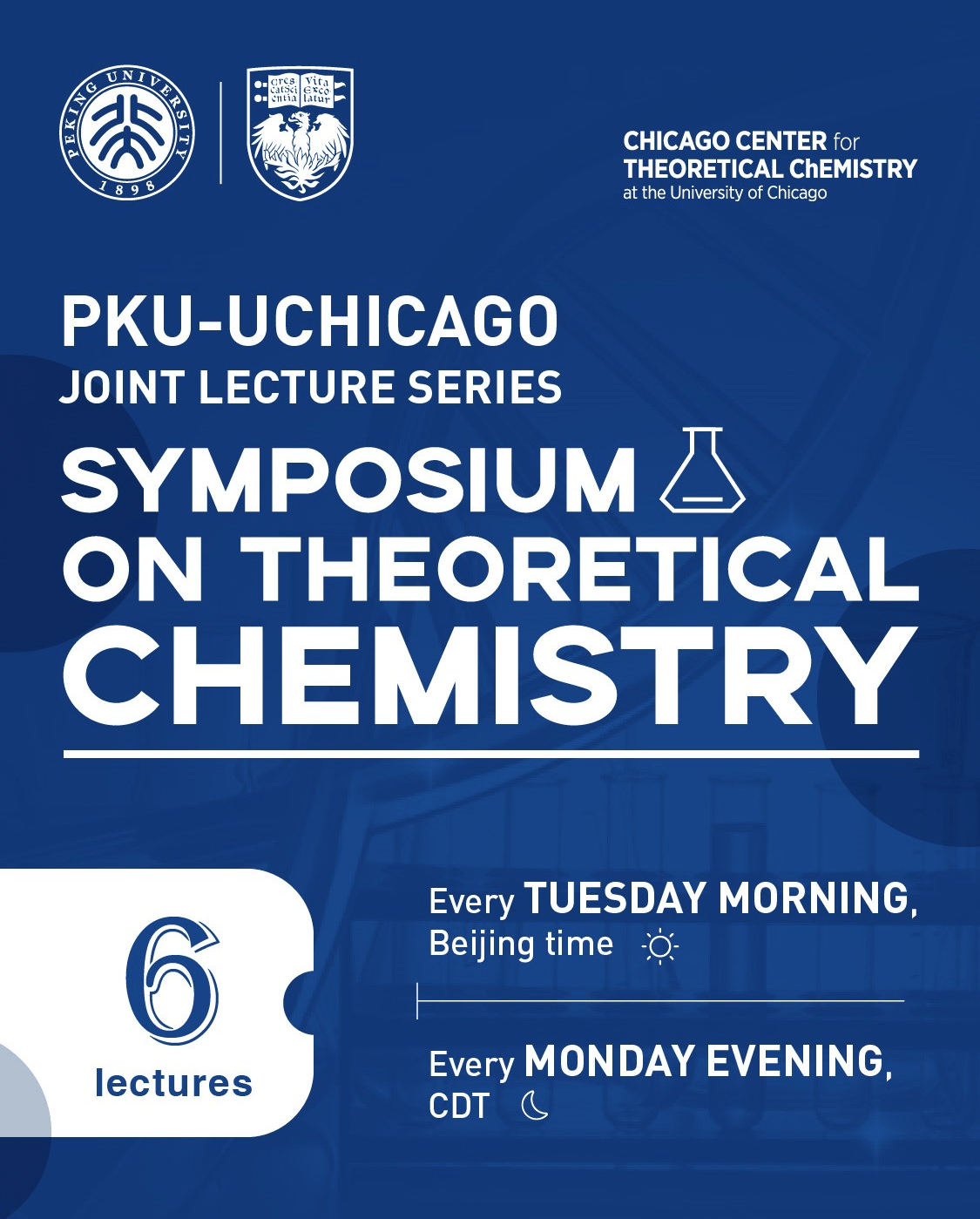
October to November 2020
Symposium on Theoretical Chemistry
PKU-UChicago Joint Lecture Series
Lecture 1 (October 19/20): Frontiers of Biomolecular Theory & Simulation
Speakers: Gregory Voth, University of Chicago & Yiqin Gao, Peking University
Moderator: Chen Li, Peking University
Lecture 2 (October 26/27): Quantum Simulations of Heterogeneous Materials on Classical and Near-term Quantum Computers & Ensemble-based Thermodynamics of the Fuzzy Binding between Intrinsically Disordered Proteins and Small Molecule Ligands: Principle and Application
Speakers: Giulia Galli, University of Chicago & Zhirong Liu, Peking University
Moderator: Chen Li, Peking University
Lecture 3 (November 2/3): Complex Reaction Mechanisms and Drug Design
Speakers: Aaron Dinner, University of Chicago & Luhua Lai, Peking University
Moderator: Chen Li, Peking University
Lecture 4 (November 9/10): When Quantum Computing Meets DFT
Speakers: David A. Mazziotti, University of Chicago & Chen Li, Peking University
Lecture 5 (November 16/17): Non-equilibrium Thermodynamic and Quantum Dynamics
Speakers: Suriyanarayanan Vaikuntanathan, University of Chicago & Jian Liu, Peking University
Moderator: Chen Li, Peking University
Lecture 6 (November 23/24): Strong Correlation and Band Structure
Speakers: Laura Gagliardi, University of Chicago & Hong Jiang, Peking University
Moderator: Chen Li, Peking University
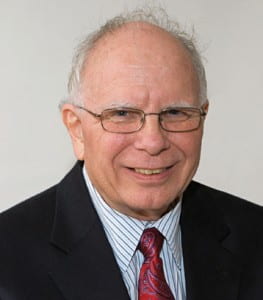
December 10, 2019
2019 Rice-Berry Lecture of the CCTCh
Professor John D. Weeks, University of Maryland, College Park
“Solvation, Structure, and Simulations of Systems with Strong Coulomb Interactions: The Long and Short of It”
3:45 PM | GCIS W301/W303
John D. Weeks is a Distinguished University Professor in the Department of Chemistry and the Institute for Physical Science and Technology at the University of Maryland, College Park. He earned his bachelor’s degree from Harvard University (1965) and then completed his PhD at the University of Chicago working with Stuart Rice (1969). John then moved to the University of California, San Diego for a postdoctoral fellowship in the group of Kurt Shuler. There, along with another postdoc in the group, David Chandler, and Hans Andersen (then an assistant professor at Stanford), he put together an elegant, powerful, and definitive framework to understand the structure of strongly interacting uniform simple liquids. This framework—commonly referred to as WCA in honor of Weeks, Chandler, and Andersen—has been used for understanding the properties of many nonpolar molecular liquids. John then moved to AT&T Bell Labs and pioneered work on the statistical mechanics of interfaces. In particular, John and his co-workers developed a statistical mechanics framework to describe a new transition governing the roughness of crystal interface. They showed that this “roughening” transition falls in the same class as the KTHNY transition that governs topological defect formation in two-dimensional solids. In 1990, John moved to the University of Maryland, College Park where he has been ever since. His recent work focuses on the conceptual development of a general theory of nonuniform ionic and dipolar fluids, focusing on hydrophobic and ionic solvation properties in aqueous solutions. John’s work has been recognized by multiple awards and honors, including elections to the National Academy of Sciences and American Academy of Arts and Sciences, as well as the Joel Henry Hildebrand Award from the American Chemical Society.
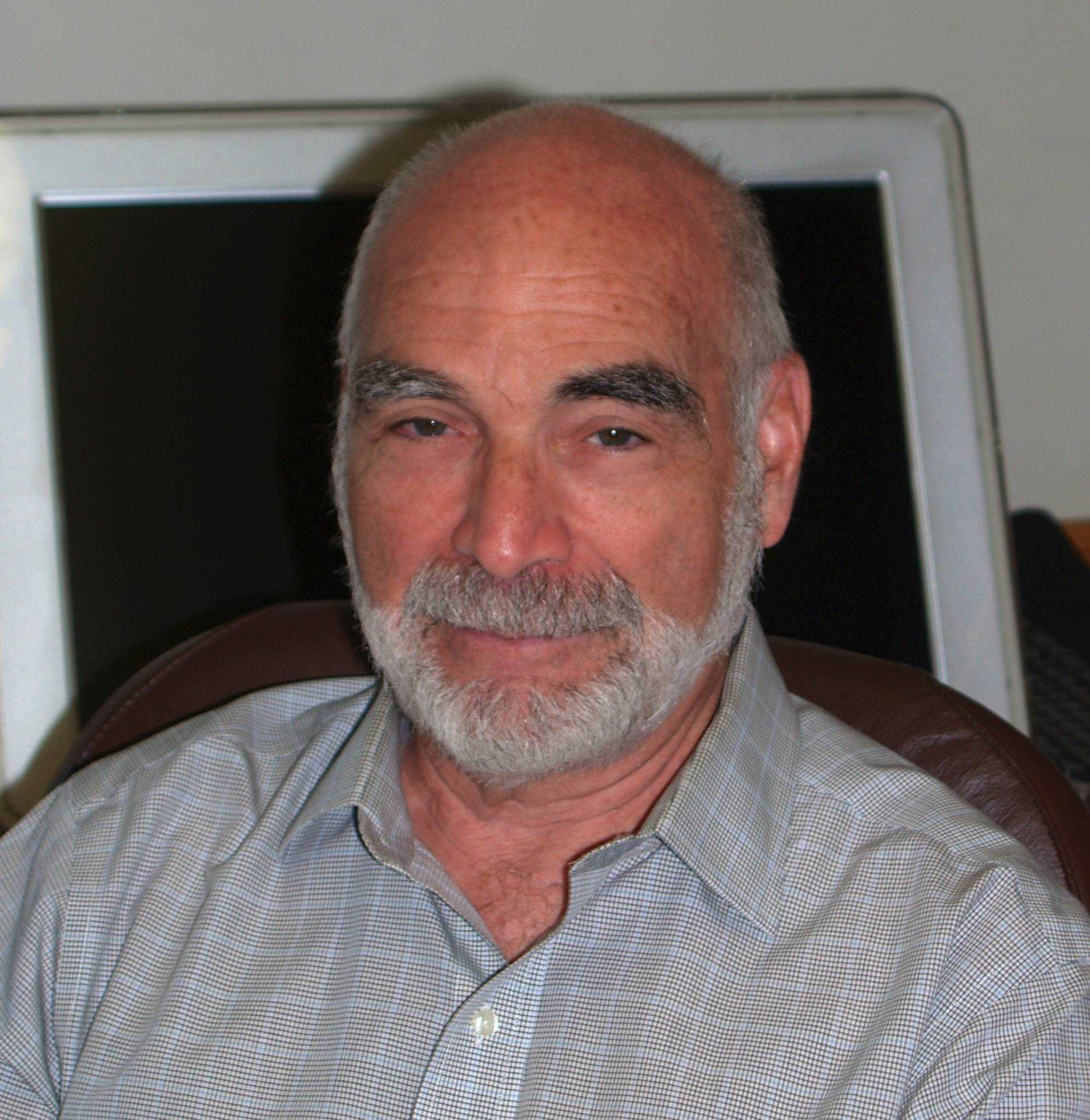
May 6, 2019
Inaugural Rice-Berry Lecture of the CCTCh
Professor Bruce J. Berne, Columbia University
